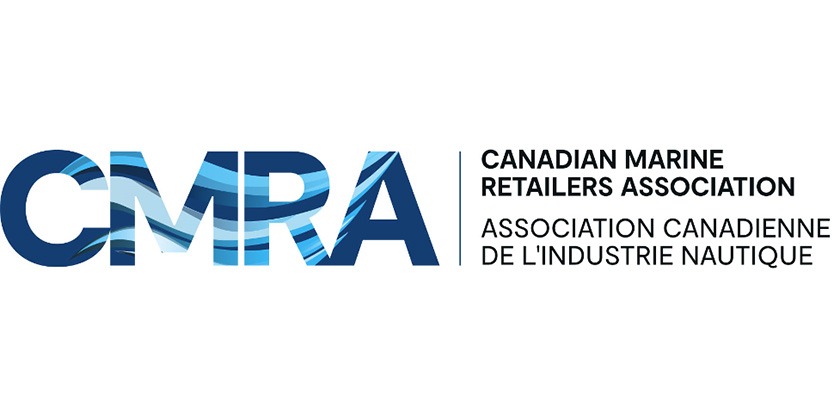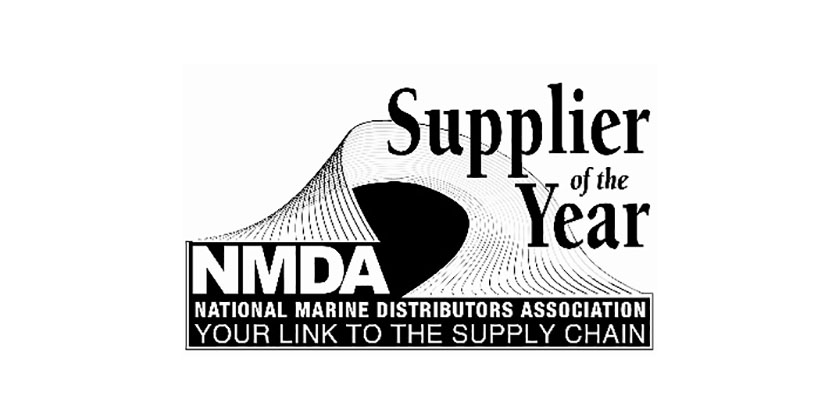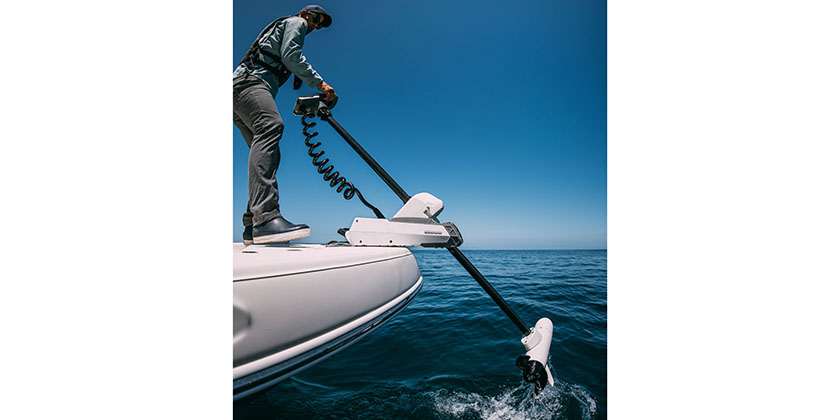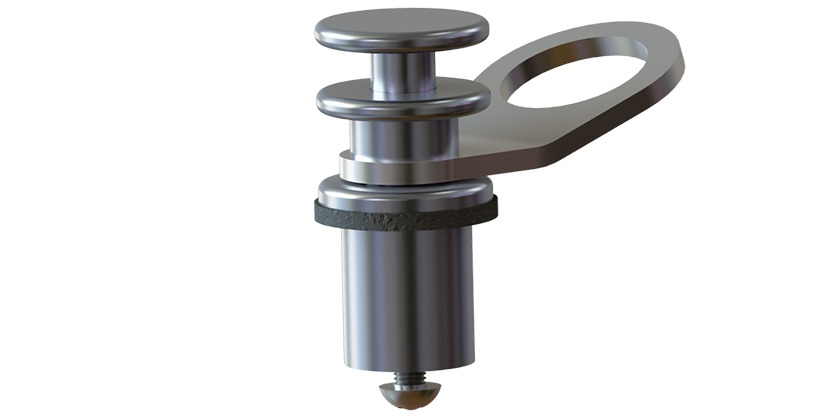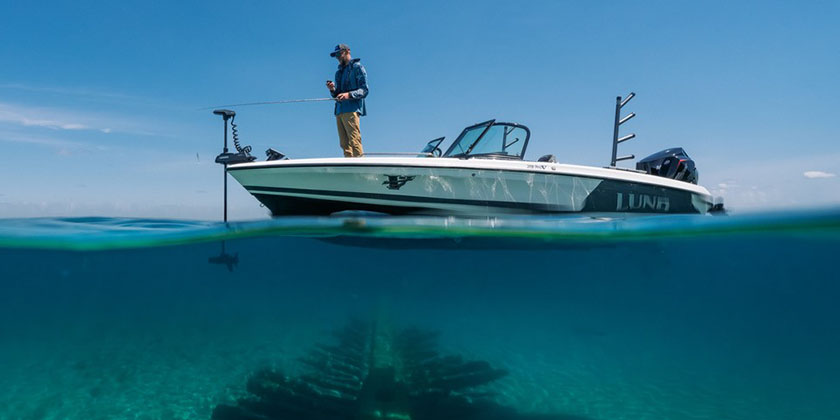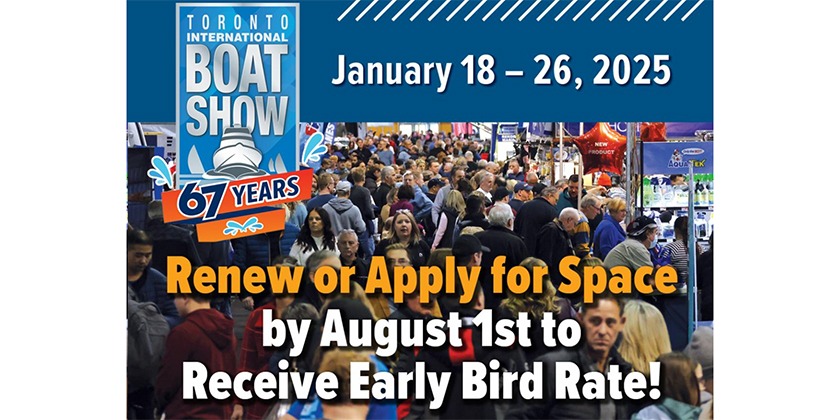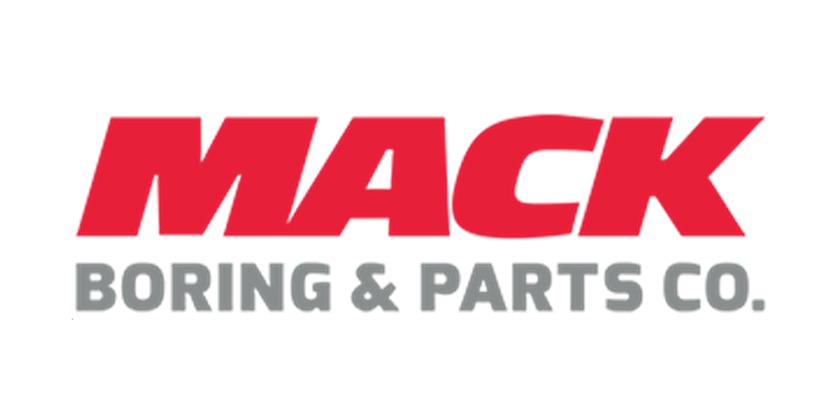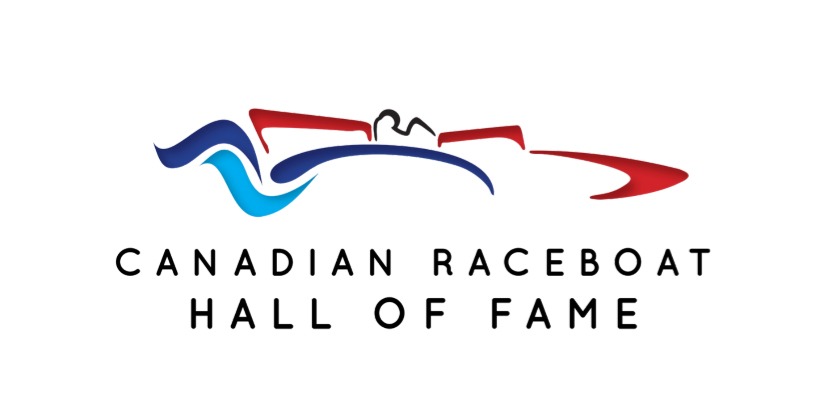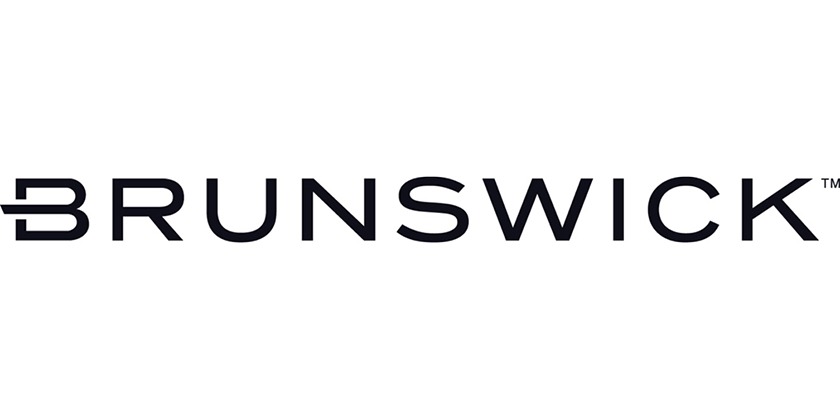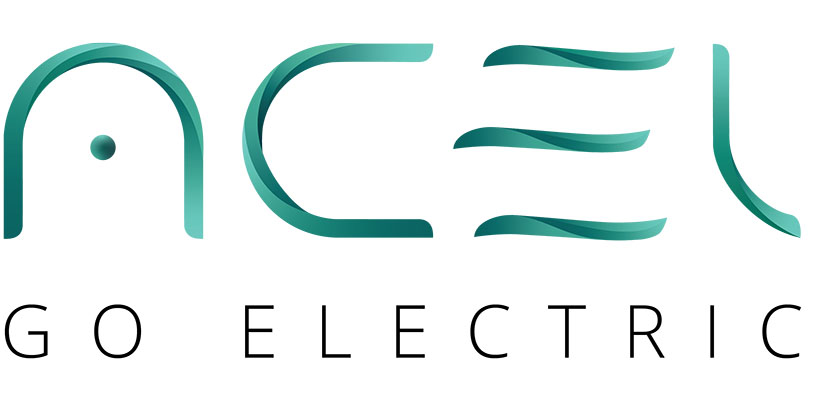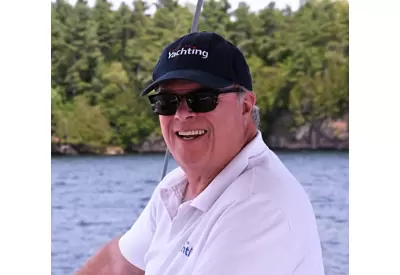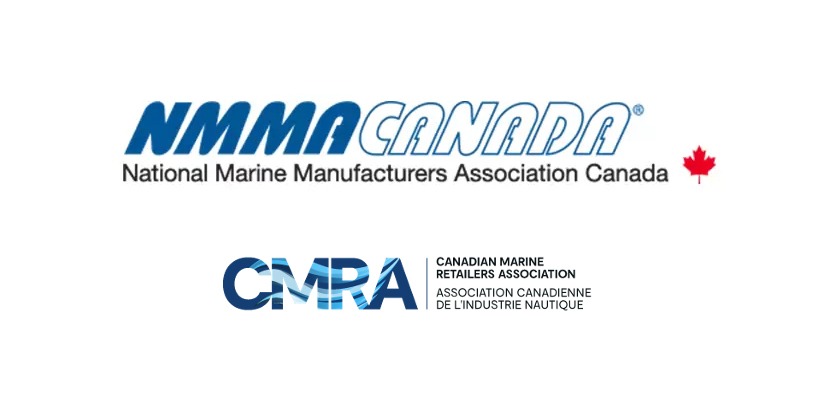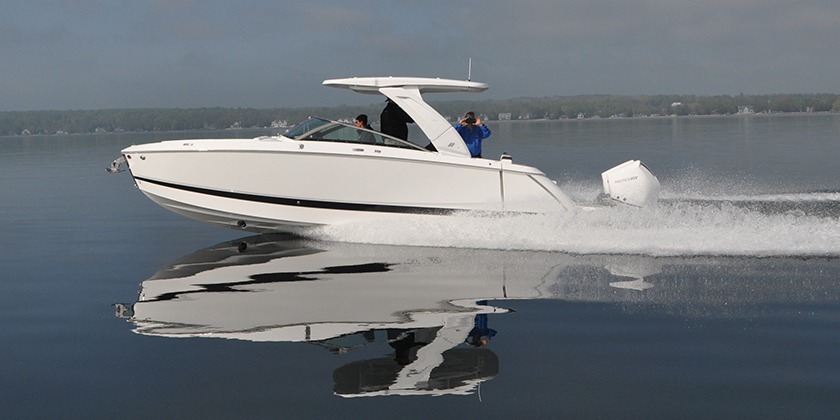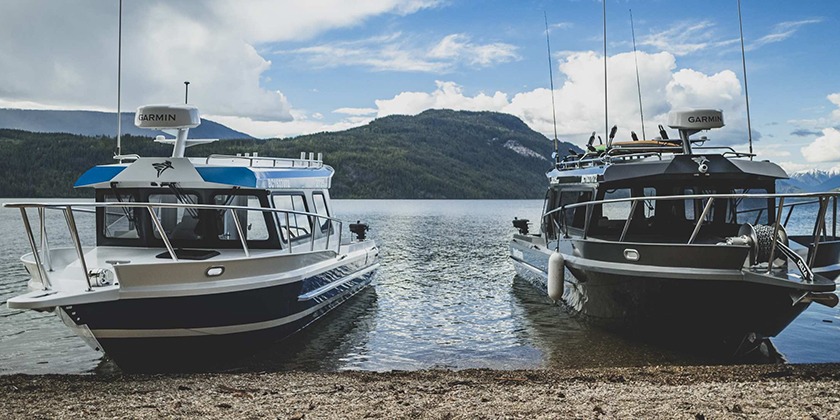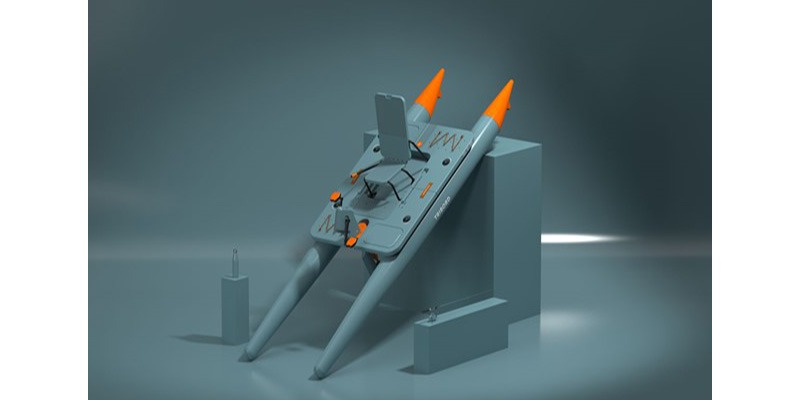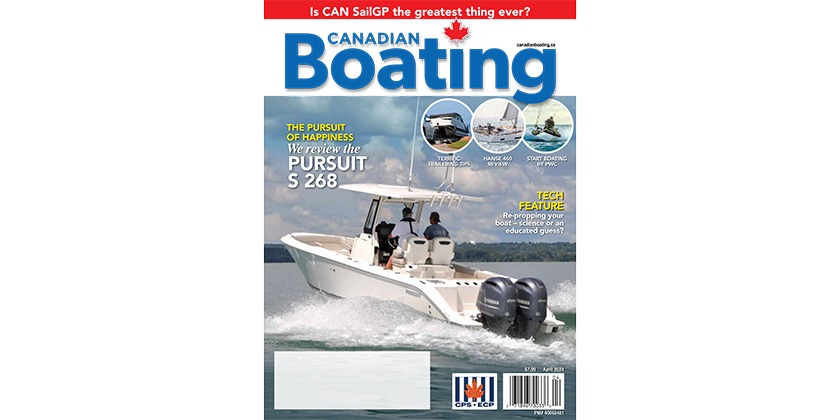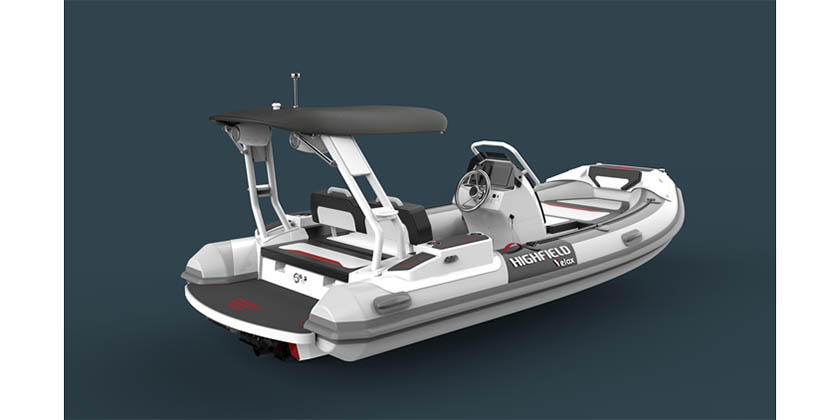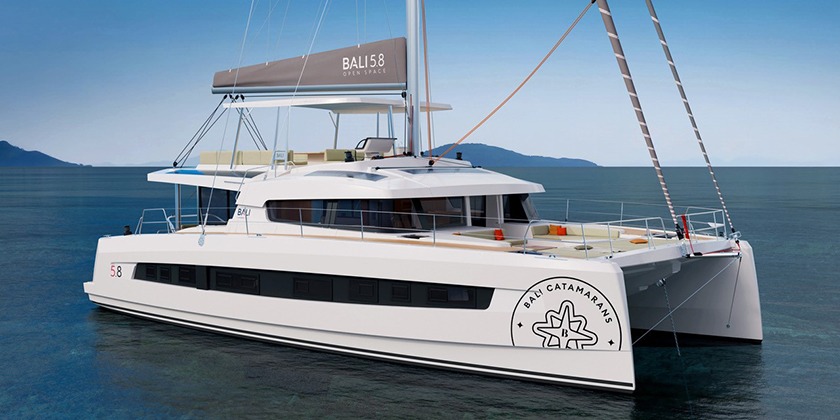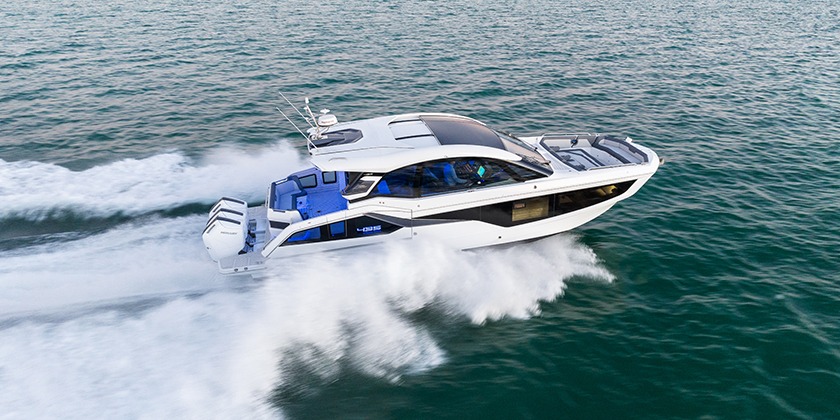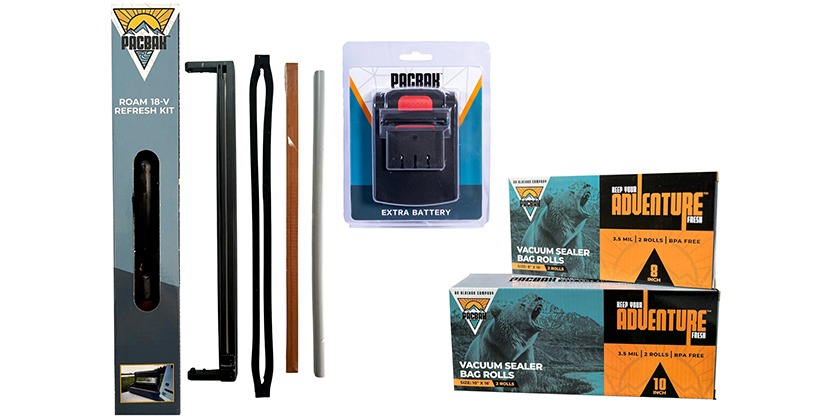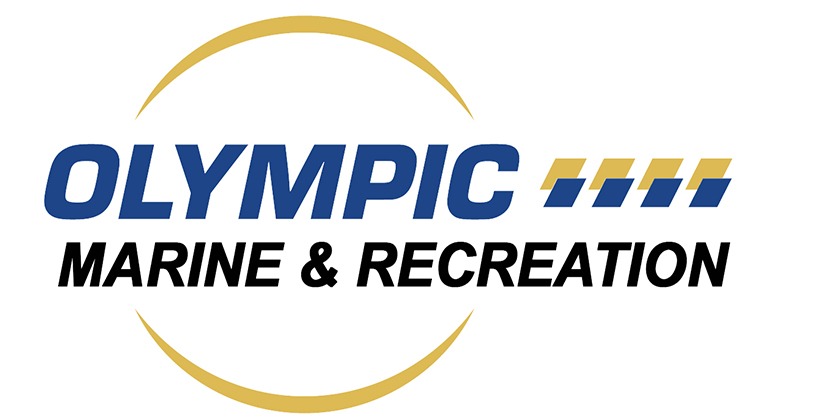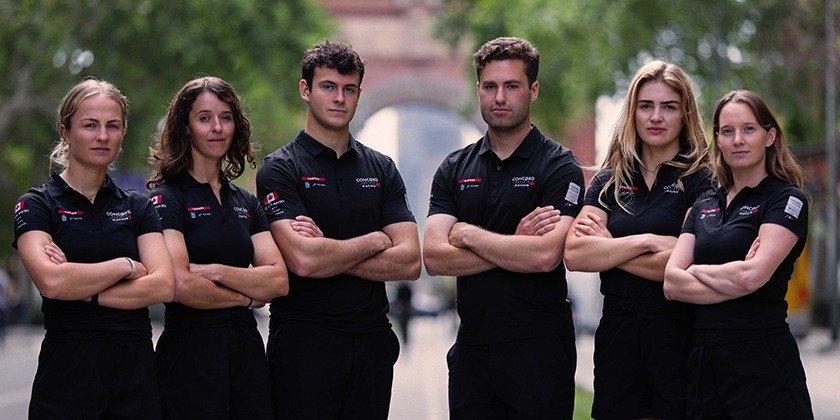Labour Shortages in Canada’s Marine Transportation Sector
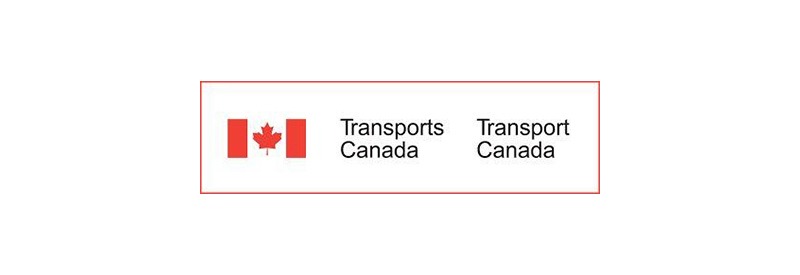
Nov 14, 2023
As editor at Boating Industry Canada News Week Digest, I’m very aware of the labour shortages our industry is experiencing and so I signed up for the November 10, 2023 webinar titled “Labour Shortages in Canada’s Marine Transportation Sector“ to learn more.
Julia Murphy from Transport Canada led the webinar and introduced Scott Naugler as one of the other speakers. This session continues earlier CMAC (Canadian Marine Advisory Council) sessions and especially the discussion around foreign students and immigrants coming to study here. A more detailed report on the input Transport Canada received titled “What we heard” will be released soon.
Scott Naugler told us a few important things from the coming report. First, this was held as a separate session because the main CMAC sessions on November 14 and 15 in Ottawa had a very crowded agenda already.
Scott Naugler said that the results from CMAC last April 2023 identified that there was a shortage of seafarers. A major point in the discussion was immigration and he pointed out that the Canada Shipping Act defines who can and can’t hold a Certificate of Qualifications. As a result of labour shortages, we see cancelled sailings and rising costs. Another issue is limited training capacity and also a lack of instructors. There was discussion in the past for some type of exemption to be able to bring in more people but there are issues such as the fact that the Canada Trade Agreements restrict shipping to using qualified people and that means people who are Canadian permanent residents. In the coming months they will be discussing new exemptions and expedited circumstances. The government organization Immigration Refugees and Citizenship Canada [IIRC] will need to be involved. They can talk about who can work and study in Canada but it was noted that they have to watch for exemptions that may impact our trade agreements with other countries.
The bottleneck may be the Canadian Coast Guard’s capacity to do training and certification. It was noted that last time, approximately 100 applicants were refused training.
This webinar discussion allowed guest participation and a representative from BCIT in British Columbia said this situation had been identified 10 years ago. There’s a complication as well in that this restricts people who are currently getting employment insurance payments, from getting into training. A representative from Georgian College who does marine engineering and navigation training said that they restrict the number of students because they can’t get Co-op placements for them to complete their educations. In fact, he said they’ve never been able to get enough engineering students. On top of that, Georgian has extra instructors and the speaker mentioned that they could double their students in engineering. Another representative from Quebec said that her organization was in the same position as Georgian plus, she needs to have French speakers.
In the face of the shortages, you might think that we want to bring more people into Canada who are already qualified. But the impression I got, was that there were people in Canada who wanted to train for these positions, who for one reason or another, were blocked. Most of the guests who commented expressed that we want to train Canadians before we bring in other immigrants. Another participant in education from Newfoundland, said they have room for more students but those who are already there, have to wait to get work in maritime so it seems like there’s a source of labour from there, that isn’t being guided into vacant positions elsewhere.
In addition, bringing people in from other countries may also have an impact on our free trade agreements with other nations.
I want to emphasize to our Boating Industry Canada readers, that I have no background in in commercial shipping, military or Coast Guard. I joined this session because I am involved in the recreational boating industry where we are woefully short of people. I suspect that at least a few young people who get a recreational boating background, would be more open to careers in shipping.
My take away from this one session is that there are educational resources available. There are people who are being trained but can’t get the Co-op placements or certifications to begin working. Then we seem to have a sufficient number of potential Canadian seafarers if we could just get our resources coordinated to all work efficiently together.
I will be at the two-day CMAC session and Ottawa, November 14 and 15, where I hope to learn more about this situation and the other issues facing our industry. I plan to report on my findings next week.
Andy Adams

